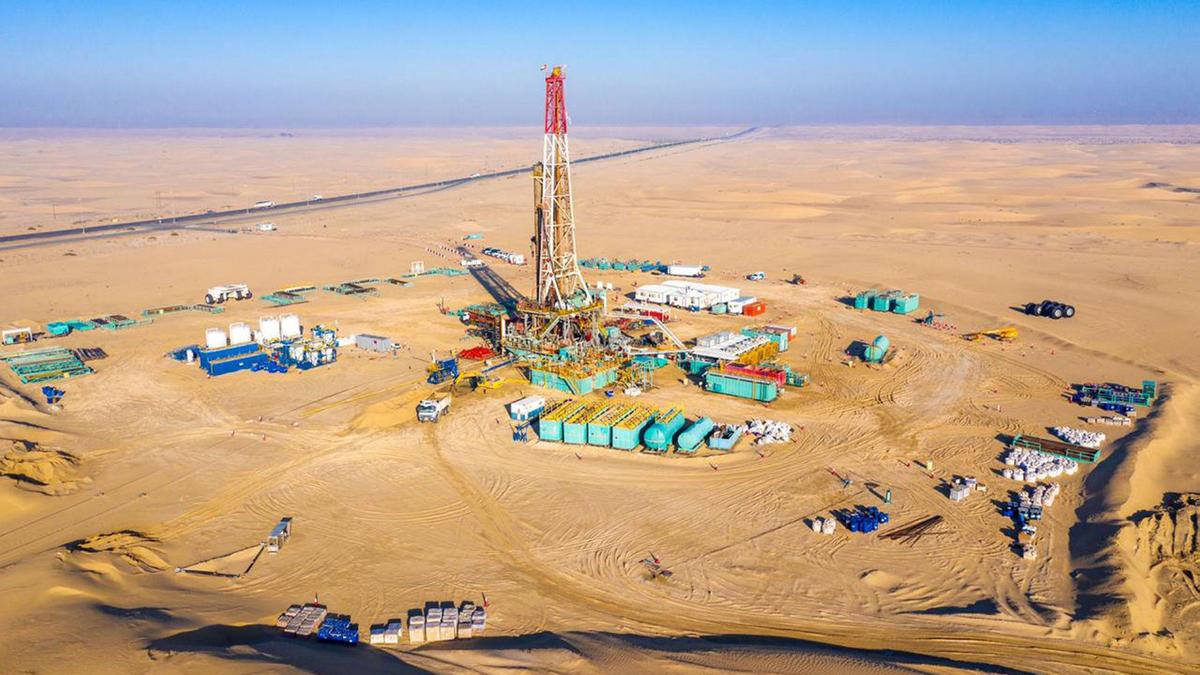New gas field discovered in UAE

A few minutes every morning is all you need.
Stay up to date on the world's Headlines and Human Stories. It's fun, it's factual, it's fluff-free.
On January 3, a new natural gas field was discovered between Abu Dhabi and Dubai, holding 80 trillion standard cubic feet of gas. According to authorities in the United Arab Emirates (UAE), the discovery was made at the new Jebel Ali field, allowing the UAE into being more self-sufficient with regard to gas. This is the second time the UAE has found gas fields in the span of a week.
Italian energy company, State Hydrocarbons Authority or Ente Nazionale Idrocarburi (Eni) and the UAE’s Sharjah National Oil Corporation (SNOC) announced they discovered new gas and condensates in Sharjah, UAE on January 27.
The UAE currently imports natural gas for electricity, sourced from neighboring Qatar.
Plans to explore and develop
A deal between Abu Dhabi National Oil Company (ADNOC) and the Dubai Supply Authority (DUSUP) has been signed to explore and develop the newly found gas field. “This new discovery reinforces the nation’s goal of achieving gas self-sufficiency, enabling major development projects,” said ADNOC in a statement.
The new gas field spans across 1,930 square miles (5,000 square kilometers) and will be developed by the joint companies – ADNOC and the DUSUP.
Qatar-sourced gas and blockade
Qatar was the world’s largest liquefied natural gas (LNG) producer until Australia took over as the top LNG producer in 2019. Australia produced 77.5 million metric tons of LNG in 2019, overtaking Qatar’s annual production of 42 million metric tons of LNG.
A high volume of Qatar’s gas is pumped from the North Field – the world’s largest gas field shared between Qatar and Iran. Qatar delivers gas to the UAE through a pipeline called the Dolphin pipeline, despite it being blocked by the UAE and several other Arab countries after political disagreements.
Saudi Arabia, Kuwait, Oman, Bahrain, the UAE and Qatar make up the Gulf Cooperation Council (GCC), a regional intergovernmental political and economic union consisting of all Arab states of the Persian Gulf except Iraq set up in 1981.
In 2017, the Persian Gulf nations broke off ties with Qatar, imposing a land, sea and air blockade, which is still in place as of February 4, 2020 due to existing political issues.
“When Trump came into power in 2017, the Saudis, the Emiratis, the Bahrainis and the Egyptians, who already had problems with Qatar, because of the Arab Spring and because of Qatar foreign relations, they decided actually to take it to the very end with Qatar, this time,” says Marwan Kabalan, the director of policy analysis at the Arab Center for Research and Policy Studies (ACRPS), an Arab research institute with particular interest in the social sciences, applied social sciences, regional history and geostrategic affairs.
Saudi Arabia, the UAE, Bahrain and Egypt imposed a blockade on Qatar in June 2017, which meant that all air, sea and land routes were closed off. Oman and Kuwait, however, were not involved in the imposing of the blockade.
[article_ad]




Comments ()